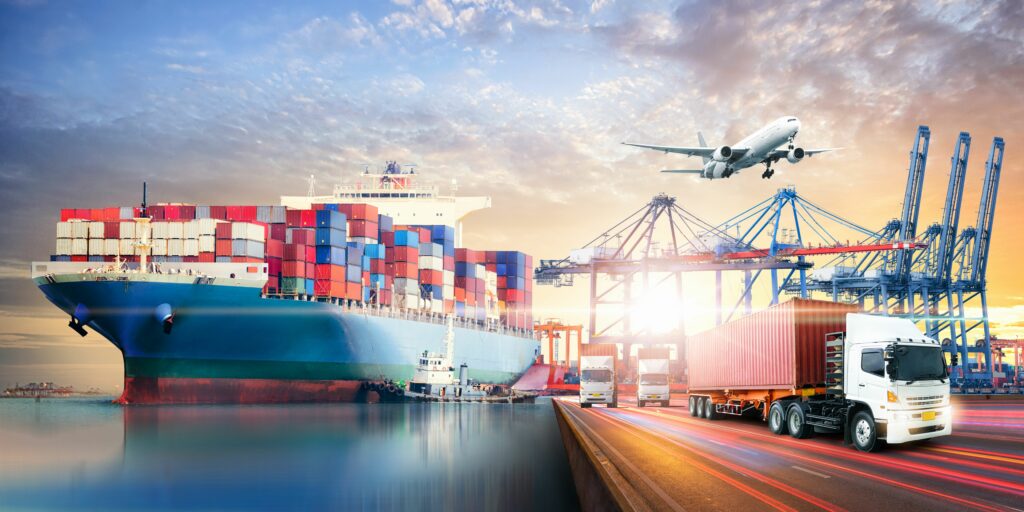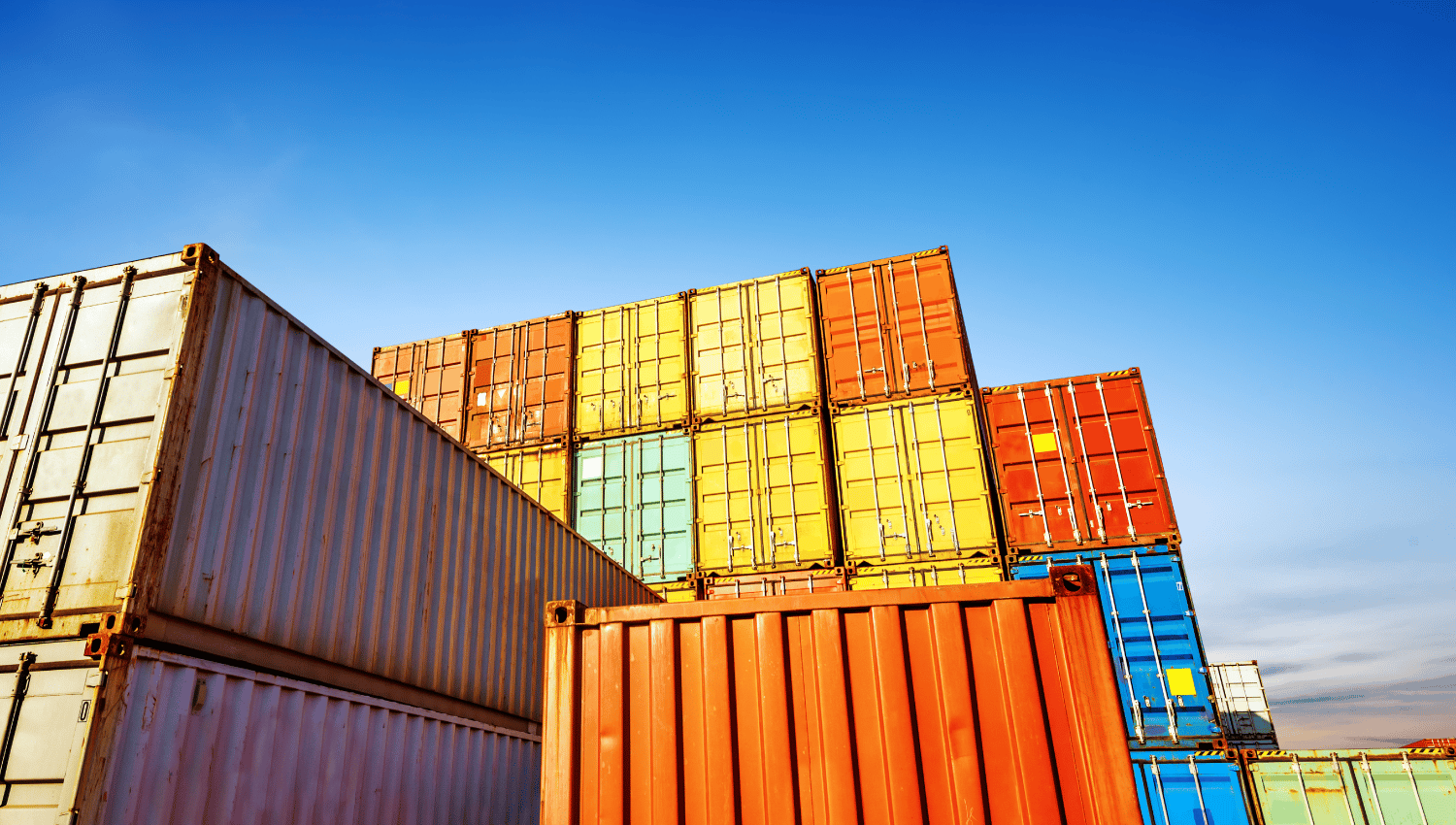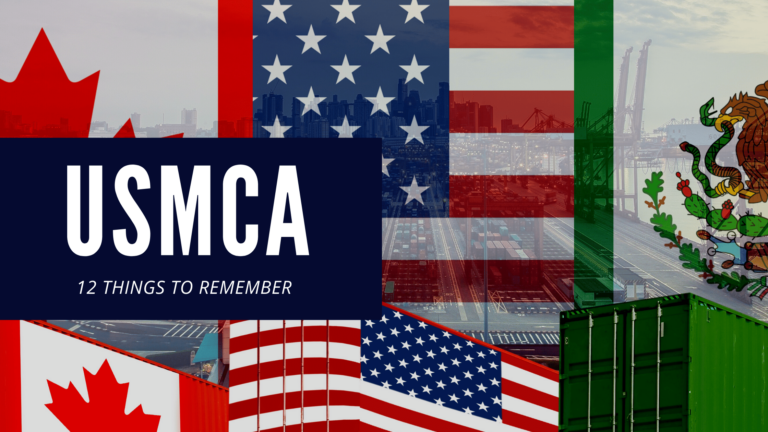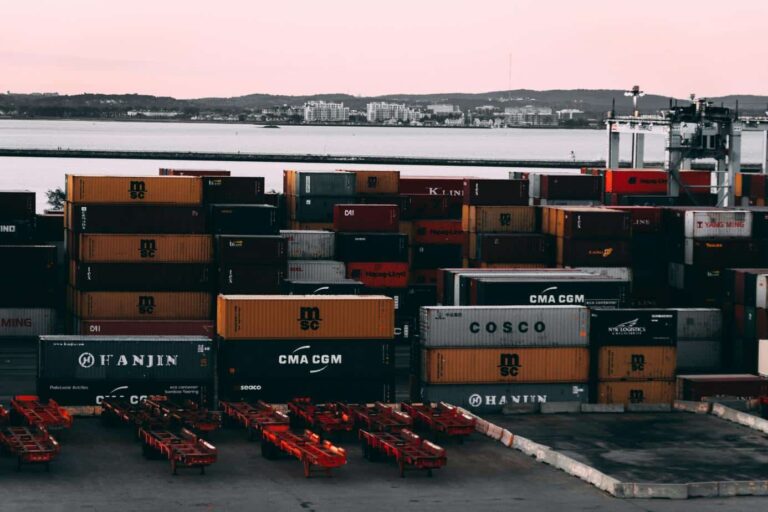Become a Freight Broker, Updates On Baltimore Port And A Geopolitical Crisis
How to Become a Freight Broker: Opportunities, Skills, and Licensing Requirements.
The freight brokerage industry is set to grow significantly in the coming years, providing ample opportunities for aspiring freight brokers. With an expected 6% annual growth rate and a projected market size of $85.9 billion by 2032, the industry’s expansion is promising. Freight brokers play a crucial role in connecting shippers with carriers, optimizing supply chain operations, and driving efficiency. Success in this field demands a combination of logistical acumen, negotiation skills, technological proficiency, communication abilities, time management, industry knowledge, niche marketing strategies, and relevant qualifications. While starting a freight brokerage may require licensing and upfront costs, working as a freight broker agent first can provide valuable experience. Obtaining a freight brokerage license involves steps such as registering with the FMCSA, securing a surety bond, and paying the required fee.
Highlights:
- Industry Growth: Global freight brokerage industry expected to grow at a 6% compound annual growth rate, reaching $85.9 billion by 2032.
- Role of Freight Brokers: Essential intermediaries facilitating efficient connections between shippers and carriers, benefiting both parties.
- Key Skills and Strategies: Logistical acumen, strategic negotiation, technology proficiency, communication skills, time management, niche specialization, and marketing savvy are crucial for success.
- Qualifications and Licensing: Qualifications such as industry experience, a college degree, and obtaining a freight brokerage license are advantageous for aspiring freight brokers.
Efforts to Reopen Port of Baltimore Expected to Take Weeks
Efforts are underway to remove shipping containers from the vessel ‘Dali’ and reopen the Port of Baltimore for marine traffic. The container removal process has begun, but it is expected to take several weeks to complete. The initial objective is to remove 10 to 12 containers to create a safe working area for recovery efforts and debris removal. Unified Command, consisting of various organizations including Synergy Marine, the US Coast Guard, and the Maryland Department of the Environment, is overseeing the operation. A total of approximately 140 containers are expected to be removed, lightening the vessel so it can be refloated and moved by tugs. The reopening of the port is crucial as it is a major hub for trade, including auto imports and exports, clothing, household goods, electronics, and more. Plans are to restore normal capacity access to the port by the end of May.
Highlights:
- Container removal from the vessel ‘Dali’ has begun but is expected to take weeks to complete.
- The initial goal is to remove 10 to 12 containers to ensure a safe working area for recovery operations.
- Unified Command, comprising various organizations, is overseeing the container removal and port reopening efforts.
- Approximately 140 containers will be removed to lighten the vessel and allow for refloating and towing.
Reshaping Dynamics in Response to Geopolitical Crises
In response to recent geopolitical crises, global trade routes are undergoing significant transformations, leading to the reevaluation of how goods flow along emerging corridors. Traditional routes, such as the northern Eurasian corridors, have seen declines in freight flows due to the conflict in Ukraine, while the Red Sea crisis has disrupted east-west trade, prompting a search for alternative routes. The rise of new trade routes, particularly the Middle and Southern Corridors, has reshaped the dynamics of global transport and trade, offering efficient door-to-door road transport options and facilitating the integration of various transportation modes. Meanwhile, the Red Sea crisis has led to the exploration of innovative solutions and the digitalization of trade processes to mitigate disruptions and enhance trade security and efficiency.
Highlights:
- Traditional trade routes, such as the northern Eurasian corridors, have experienced declines in freight flows due to geopolitical crises.
- The rise of new trade routes, particularly the Middle and Southern Corridors, has reshaped global transport dynamics.
- The Red Sea crisis has prompted the exploration of innovative solutions, such as rerouting shipments through the Gulf Cooperation Council (GCC) region.
- Digitalization efforts, including the implementation of eTIR, aim to streamline transit operations and enhance trade security and efficiency.
Biden Administration Pledges Billions to TSMC
The Biden administration has committed $6.6 billion to Taiwan Semiconductor Manufacturing Co. (TSMC) to support the expansion of its facilities in Arizona, with a focus on domestic production of advanced microchips. This investment aims to address supply chain vulnerabilities and bolster national security by promoting domestic semiconductor manufacturing. TSMC’s plans for a third production hub, along with increased investment totaling $65 billion, are expected to contribute significantly to the U.S. semiconductor industry, aiming to create thousands of jobs and positioning the country to produce around 20% of the world’s leading-edge chips by 2030.
Highlights:
- The Biden administration pledged $6.6 billion to TSMC to support the expansion of its Arizona facilities.
- The investment aims to promote domestic production of advanced microchips and enhance national security by reducing reliance on Asian suppliers.
- TSMC’s plans for a third production hub and increased total investment of $65 billion are expected to create thousands of jobs and position the U.S. to produce around 20% of the world’s leading-edge chips by 2030.
- The investment includes incentives for workforce training and proposed loans through the CHIPS and Science Act to support the semiconductor industry.

International Logistics
If you’ve ever considered expanding your expertise in the dynamic field of logistics and supply chain management, now is the perfect time to take the plunge. Sign up now for an upcoming course:








